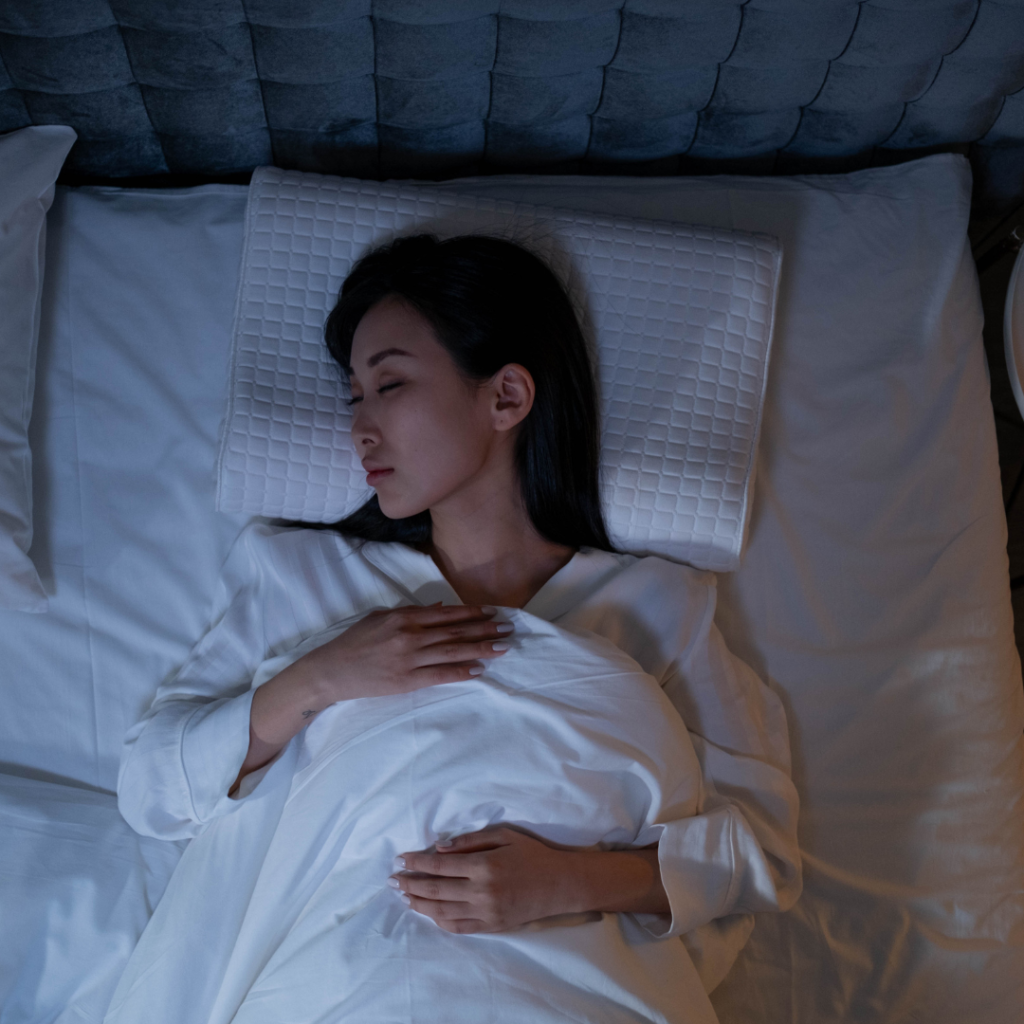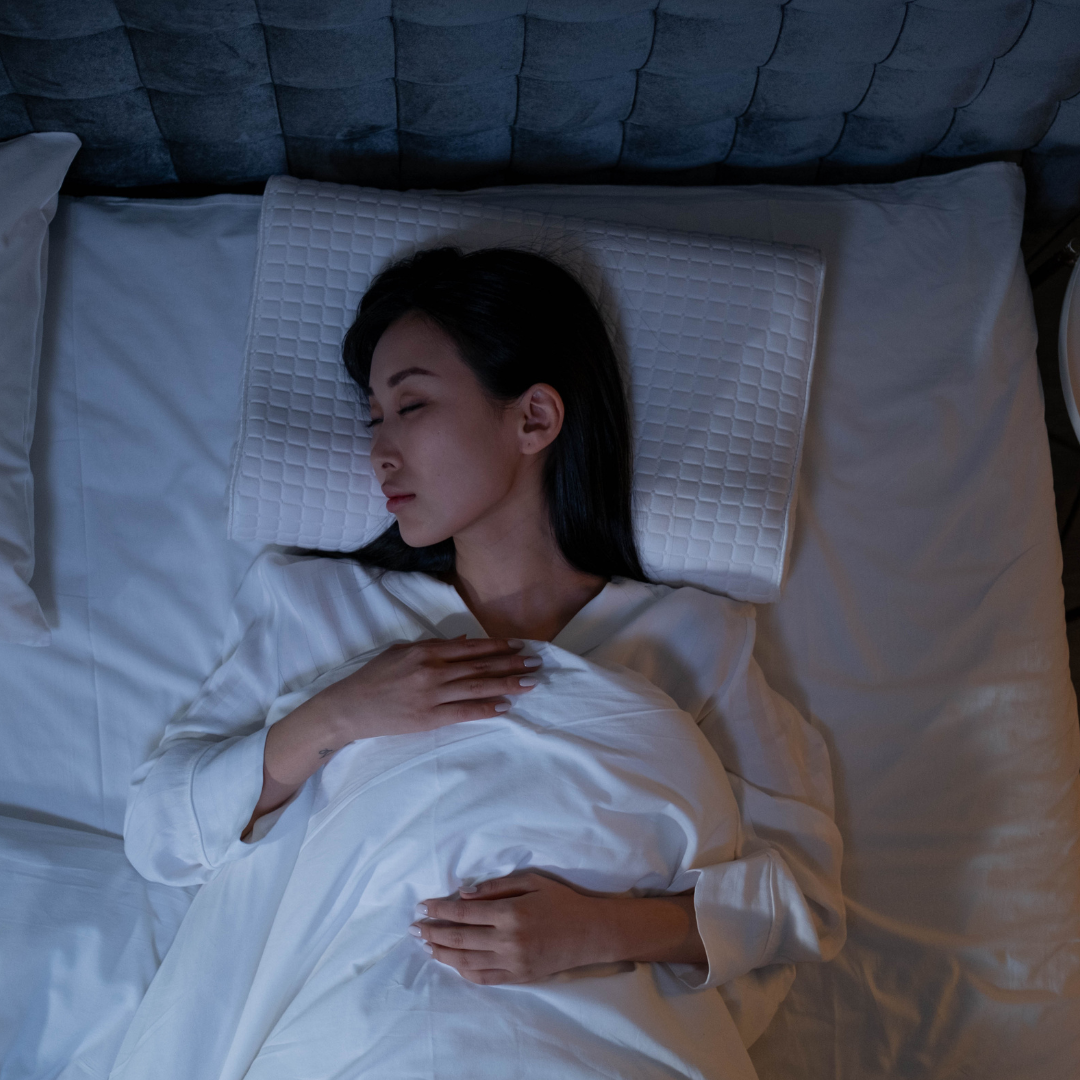
Sleep is a fundamental aspect of our overall well-being, impacting our physical health, cognitive function, and emotional well-being. While we often focus on the quality and duration of sleep, it’s essential to recognize the intricate connection between sleep and eye health.
The Connection Between Sleep and Eye Health
Restoring and Refreshing the Eyes
Adequate sleep allows our eyes to rejuvenate, heal, and recharge. During sleep, the eyes produce tears to keep them moisturized, cleanse irritants, and support proper eye function.
Optimal Tear Production
Insufficient sleep can disrupt tear production, leading to dry eyes. This condition can cause discomfort, redness, and blurry vision, affecting daily activities and overall eye health.
Eye Pressure Regulation
Sleep plays a crucial role in regulating intraocular pressure. Disruptions in sleep patterns can contribute to increased eye pressure, potentially leading to conditions like glaucoma.
Eye Muscle Relaxation
While we sleep, the muscles that control eye movement and focus relax, helping reduce strain and fatigue. Adequate rest allows these muscles to recover and function optimally.
Common Sleep-Related Eye Conditions
Dry Eyes
Inadequate sleep can contribute to dry eye syndrome, where the eyes do not produce enough tears to maintain moisture and lubrication.
Eye Twitching
Lack of sleep or poor sleep quality may trigger eye twitching or eyelid spasms, known as myokymia. This condition can be bothersome and impact daily activities.
Eyestrain
Insufficient sleep can lead to eye strain, causing symptoms such as soreness, redness, blurred vision, and difficulty focusing.
Sleep Apnea and Glaucoma
Studies suggest a potential link between sleep apnea and glaucoma, a condition characterized by increased eye pressure. Sleep apnea interrupts breathing during sleep, leading to decreased oxygen levels that can affect eye health.
Tips for Promoting Healthy Sleep and Eye Care
Establish a Consistent Sleep Routine
Set regular bedtimes and wake-up times to regulate your body’s internal clock, promoting a night of more restful sleep.
Create a Sleep-Friendly Environment
Ensure your bedroom is dark, quiet, and cool, optimizing conditions for quality sleep. Consider using blackout curtains, earplugs, or white noise machines.
Limit Screen Time Before Bed
Exposure to blue light from electronic devices can interfere with sleep patterns. Avoid screens at least one hour before bedtime or use blue light filters.
Practice Relaxation Techniques
Incorporate relaxation techniques like deep breathing, meditation, or gentle stretching to promote relaxation before bed.
Consult an Eye Care Professional
If you experience persistent eye discomfort, dryness, or other concerning symptoms, consult an eye care professional for a comprehensive evaluation and tailored advice.
Understanding the profound impact of sleep on our eyes is crucial for prioritizing our eye health and overall well-being. By implementing healthy sleep habits and fostering an environment conducive to restful slumber, we can nurture our eyes. However, it’s important to complement good sleep practices with regular eye exams. Our dedicated team of professionals is here to provide comprehensive evaluations, address any eye concerns, and ensure that you receive the highest standard of care. Take that proactive step today to keep your eyes healthy and vibrant for a lifetime. Contact Bluemenstock Family Eyecare to schedule your next eye exam.

